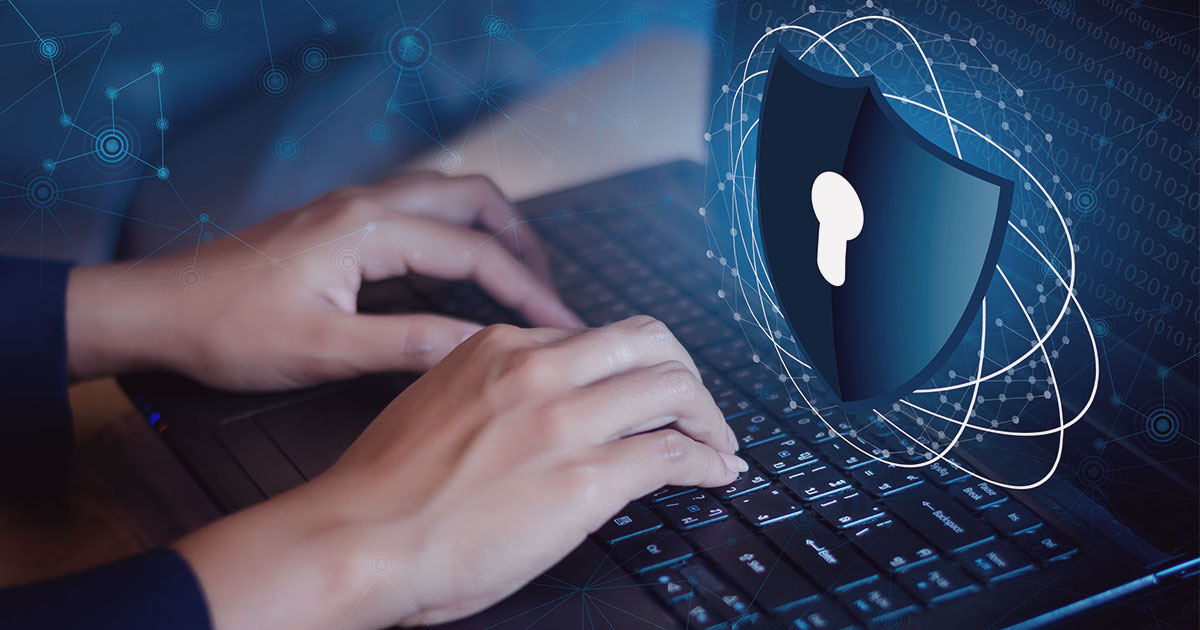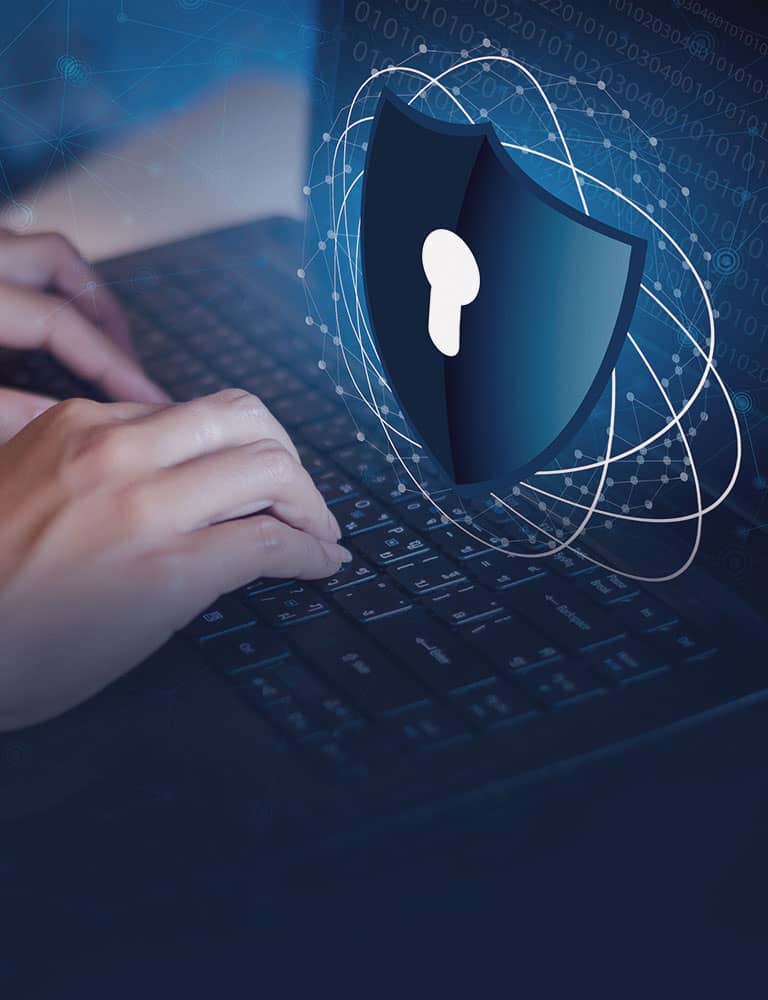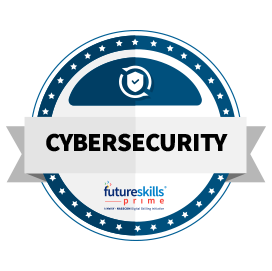Course Provider

What will you learn in Cyber Security Course course?
- This Course has been divided into 6 modules. While the first is an introductory module, the remaining 5 modules correspond to the different aspects of Cyber Security.
- Enable students to explore the fundamentals of Cyber Security, to provide them with a base from where they can upskill themselves for specific Cyber Security job roles.
- Tools covered -
- Security Testing - Kali Linux, Burp Suite, Vega & Metasploit
- Identity & Access Management - AWS Cloud & Azure Cloud
- Incident Management – Veritas
- Security Operation Center - IBM QRadar
Foundational Course in Cybersecurity (SFC101)
Why should you take this foundational course in cyber security?
- This cybersecurity foundation course, developed in collaboration with industry experts and approved by the government, equips individuals with a basic understanding of programming or it to expand their knowledge in cybersecurity fundamentals.
- Through this course, participants will gain expertise in various areas such as cybersecurity threats, network architecture, security controls, incident management, and more, preparing them for advanced roles in cybersecurity or related fields.
- By taking this course, individuals can enhance their career prospects, contribute effectively to organizational cybersecurity strategies, and stay updated with the latest industry trends and technologies.
Who should take Cyber Security course?
- University students enrolled in streams such as Engineering, Computer Science, Statistics, Physical Sciences or Mathematics.
- Employed professionals who wish to explore their career options and interests with regards to Cyber Security.
- Enthusiasts curious about understanding the hype behind Cyber Security.
Curriculum for Cyber Security Course
- The Cyber Security foundation program is well curated to impart the basic knowledge about Cyber Security.
- It will skill those who pursue the program and it will explain about the knowledge expansion after the fundamentals are understood by the learner.
Tools you will learn in Cyber Security course
In the Cyber Security Course, you'll gain expertise with essential tools. These tools empower you to analyze network traffic, detect vulnerabilities, perform penetration testing, and strengthen your ability to secure digital environments from potential threats.
- Security Testing - Kali Linux, Burp Suite, Vega & Metasploit
- Identity & Access Management - AWS Cloud & Azure Cloud
- Incident Management – Veritas
- Security Operation Center - IBM Qradar
What to Expect from the FutureSkills Prime Cyber Security Course:
Embark on a journey toward a secure future with the Cyber Security Course by FutureSkills Prime. Equip yourself with vital skills, from threat detection to ethical hacking, ensuring a reliable foundation for your career in the dynamic field of cyber security.
Elevate your career prospects by acquiring a sought-after Cyber Security certification. Cultivate in-demand skills, master risk assessment, and protect digital assets effectively. Position yourself as a qualified professional, ready to tackle evolving cyber challenges.
Unlock a distinct advantage with our comprehensive Cyber Security Course. Learn from experts, gain hands-on experience in ethical hacking, risk management, and secure coding. Stay ahead with real-world simulations, propelling your career with confidence and expertise.
Open doors to diverse career opportunities with the Cyber Security certification. Explore roles like Security Analyst, Penetration Tester, Network Security Engineer, and Incident Responder. Safeguard systems, detect vulnerabilities, and respond to threats in this pivotal field.
FAQs
The "Foundational Course in Cybersecurity (SFC101)" is a comprehensive online program provided by FutureSkills Prime. It is designed to introduce participants to the fundamental concepts and principles of cybersecurity.
This course is ideal for beginners and individuals who want to establish a strong grounding in cybersecurity. It caters to students, aspiring IT professionals, and anyone interested in understanding the basics of cybersecurity.
The course curriculum covers a range of crucial topics including:
Introduction to cybersecurity and its significance
Basic principles of networking and internet protocols
Common cyber threats and attack vectors
Security measures, including encryption and access control
Completing this course offers several benefits, including:
A solid understanding of core cybersecurity concepts
Improved awareness of cybersecurity practices in personal and professional contexts
Yes, participants who successfully complete the "Foundational Course in Cybersecurity (SFC101)" will receive a certificate. This certificate acknowledges your achievement and understanding of essential cybersecurity concepts.




